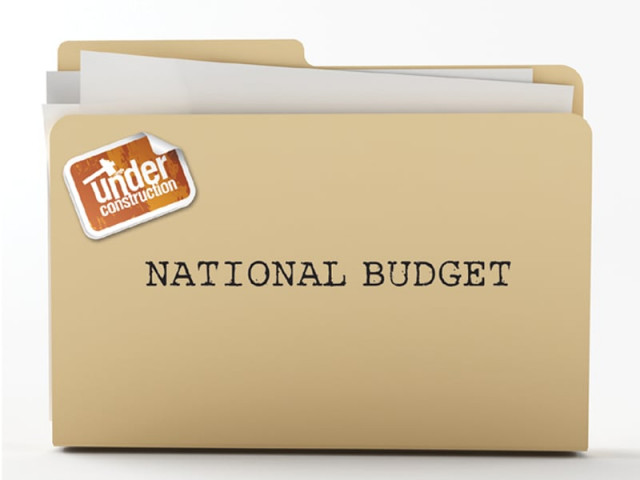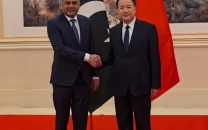Budget 2012: Govt expenses to rise by 7%
Allocation higher despite devolution of 18 ministries to the provincial level.

The government is likely to allocate Rs205 billion to cover the cost of running its own business, a figure that is almost 7% higher than this year’s budget, and 16% higher if the expenses of the 18 ministries to be devolved next year are taken into account.
The expenditures of the presidency, the prime minister’s secretariat, the National Assembly, the Senate and the Supreme Court are likely to be increased by between 10% and 20% during the financial year ending June 30, 2012, according to documents made available to The Express Tribune.
The devolution of 18 ministries from the federal to provincial levels, in accordance with the recently passed 18th Amendment to the constitution, will save the federal government Rs15.7 billion. However, the federal government will continue to bear the expenses of running the Higher Education Commission, which will cost Rs26 billion during fiscal year 2012.
Ten ministries have been devolved so far and another eight ministries are expected to be handed over to the provinces by June 30.
The increase in the proposed allocation to run the federal government is higher than the projected 13% rate of inflation, despite the government’s reluctance to increase salaries of its employees. The allocation would rise even further if the government concedes to the demands by public employee unions to raise their compensation.
The government does not have much room to cut its expenditures to balance the budget, given that most of its expenses are accounted for by defence, debt servicing and subsidies. For the outgoing fiscal year, the government spent Rs192 billion to keep itself running, less than 10% of the federal budget.
The presidency is expected to be allocated Rs473.8 million which is 10.8% more than the outgoing fiscal year. The Prime Minister’s Secretariat is expected to spend Rs546.6 million, about 12.8% more than fiscal year 2011. The government is likely to allocated Rs2 billion to foreign trips by the president and the prime minister during financial year 2012, about the same as the previous year and around 0.05% of the total budget.
The government is likely to spend more on former president, prime ministers than on the current president and prime minister. Maintenance allowance for ex-rulers is expected to get Rs4 billion in 2012.
The federal cabinet and the cabinet division as a whole may be allocated Rs7 billion during the next fiscal year, a 13.5% increase over the outgoing year, and less than 0.2% of the expected total budget.
The budget for the National Assembly is likely to increase by 13.2% to reach Rs1.8 billion for 2012. The Senate’s allocation may go up by 14.7% to Rs1.04 billion next year. The Supreme Court’s budget is expected to rise by 20% to Rs1.4 during the next fiscal year.
These figures, if accurate, suggest that the total amount of money spent on the ‘rulers’ extravagance’ is less than 0.5% of the projected Rs3.8 trillion budget for fiscal year 2012.
The Election Commission’s allocation is expected to reach Rs1.4 billion, about 10.8% more than the outgoing fiscal year. The National Accountability Bureau may cost the government as much as Rs630 million.
The Higher Education Commission, which was supposed to have been devolved to the provinces, is expected to cost the government Rs26.9 billion in 2012, about 15.9% more than last year.
The government is expected to spend Rs11.5 billion on the Federally Administered Tribal Areas, a head of expenditure that includes improving the infrastructure in the war-
ravaged tribal districts.
Published in The Express Tribune, May 27th, 2011.




1734118407-0/New-Project-(1)1734118407-0-208x130.webp)














COMMENTS
Comments are moderated and generally will be posted if they are on-topic and not abusive.
For more information, please see our Comments FAQ